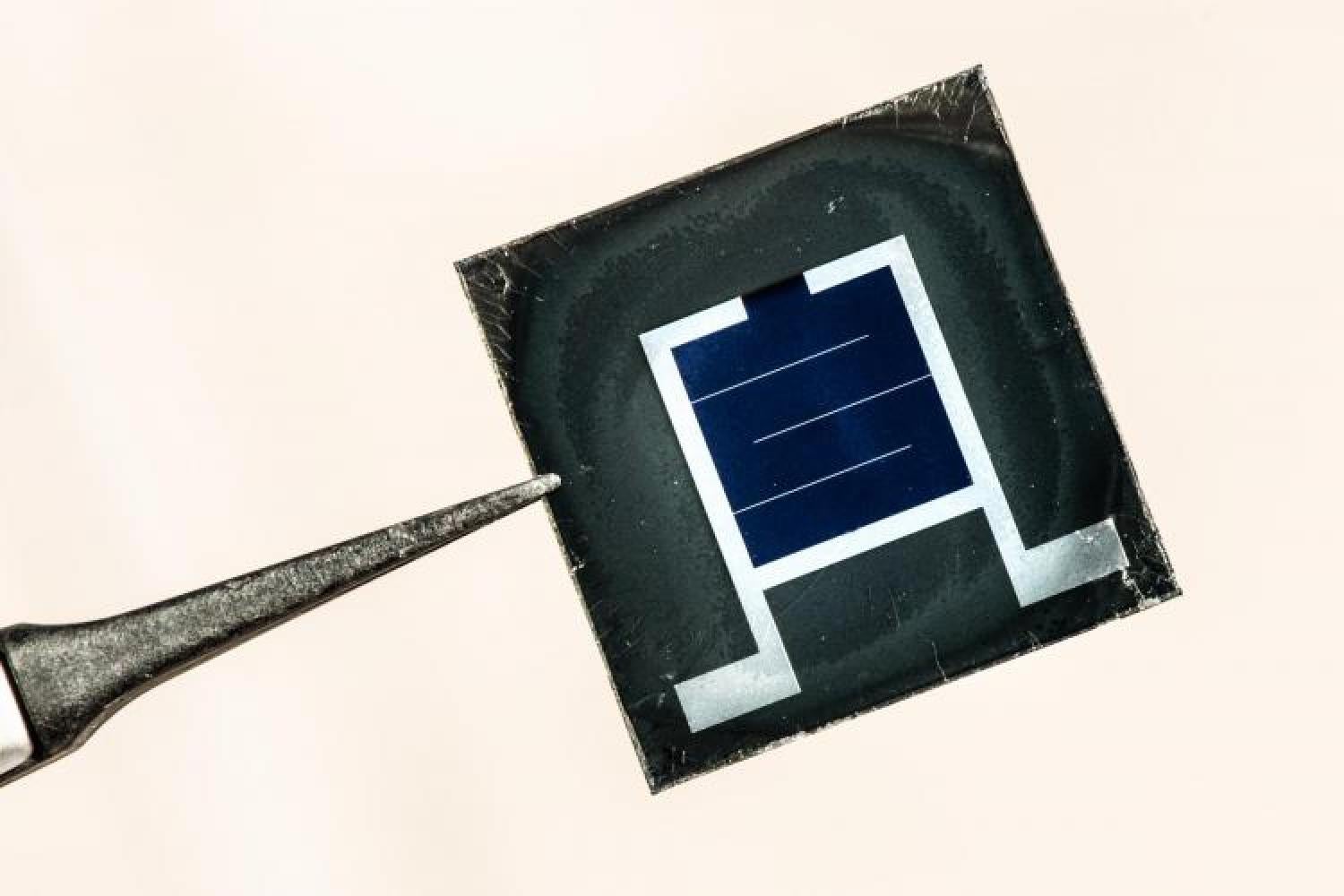Layered solar cell technology may create a brighter future for solar power

Michael McGehee
The future’s getting brighter for solar. CU Boulder researchers have created a low-cost solar cell with one of the highest power-conversion efficiencies to date.
By layering a perovskite solar cell—a crystal structure designed to harvest higher energy photons—on top of a silicon solar cell, the silicon cell can capture more photons in the infrared part of the spectrum, which is what we feel as heat.
It has surpassed the maximum efficiency of a silicon-only solar cell and “we believe it can take us over 30% efficiency and that it can be stable,” said Michael McGehee, a professor in the Department of Chemical and Biological Engineering.
With the solar power market growing around 30% per year, this technology could make solar a more effective and affordable option for eco-conscious homeowners and businesses.

Principal Investigator
Michael McGehee
Funding
Department of Energy
Collaboration + support
Chemical and Biological Engineering; Renewable and Sustainable Energy Institute (RASEI)

